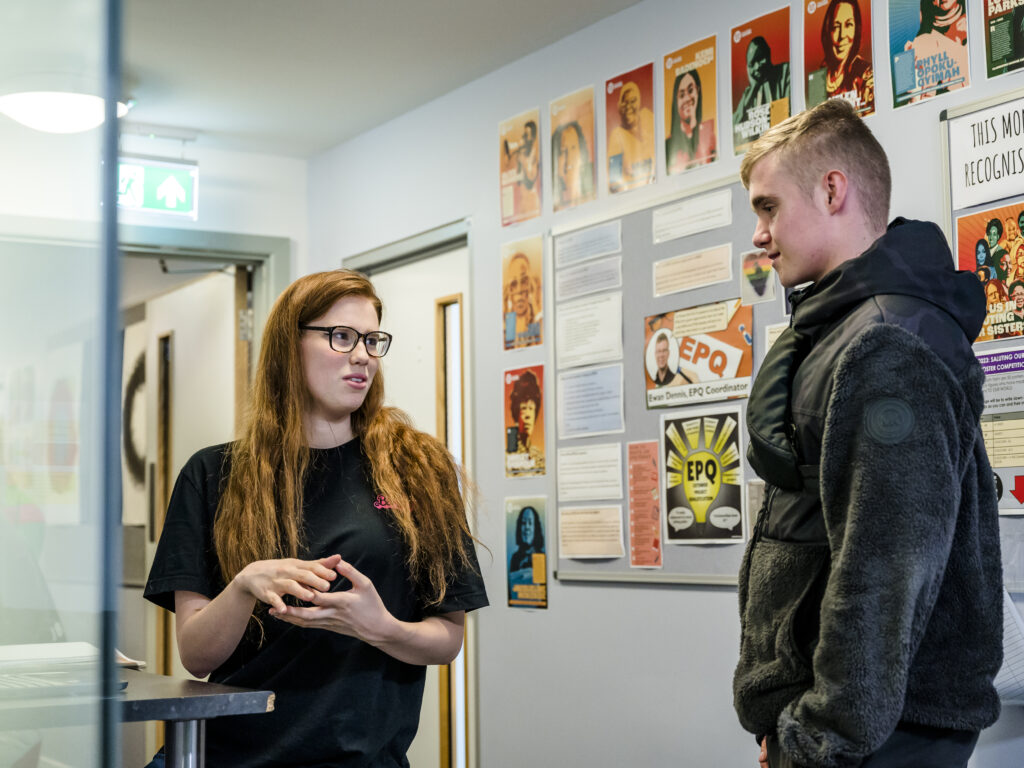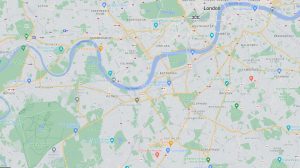English Literature AS Level and A Level
If you love reading and want to explore the secrets of writing, this could be the course for you! English Literature will introduce you to new authors and help you to become a more autonomous reader. It will develop your thinking skills, powers of analysis and creativity.
By studying all three major literary forms and their particular principles, you will have the opportunity to read a varied selection of texts from different eras and cultures and analyse and discuss the methods writers use to create meaning and effect.
You will also become a more fluent user of the language with a wider vocabulary and an ability to write accurately and coherently. In addition, you will acquire a deeper understanding of historical, social and cultural developments. Debating and writing in class as well as studying independently will in turn enhance your confidence in your own critical thinking.
What prior knowledge and skills are required?
A good GCSE grade in English Language is needed. An English Literature GCSE is recommended but not compulsory. You should be aware that the course requires a lot of reading, both in class and independently. Most of the assessment is based on the ability to write good essays.
How is the course structured and assessed?
We are proposing two possible routes: the AS level (1 year course) or the full A Level (2 year course).
- 1st year: AS level
The AS Literature syllabus comprises four components: Drama, Prose, Poetry and Unseen. A wide selection of texts has been carefully selected. In Drama, you could be studying a play from Shakespeare or from 21st century Nigerian playwright Wole Soyinkathe. For the Prose, you could be studying the very British Atonement by Ian McEwan or Petals of Blood by Kenyan writer Ngugi wa Thiong’o, or the story of the young American Huckleberry Finn by Mark Twain. In Poetry, you might be studying Victorian poet Robert Browning or Simon Armitage, our current Poet Laureate.
- 2nd Year: A Level
During the second year of the course, you will be revisiting aspects of the forms you studied in the lower sixth, but will also be offered the opportunity to study more demanding pieces.
You will begin to explore how the reading experience can be enhanced by the study of literary theory through the study of critical theories such as Feminism, Marxism or Structuralism.
Again there will be four sections. In Drama, you will study two set texts, one by Shakespeare and one by a contemporary playwright. In Prose and Poetry you will discover one pre-1900 writer such as Jane Austen or Emily Dickinson and another post-1900 writer such as Margaret Atwood or Sujata Bhatt.


